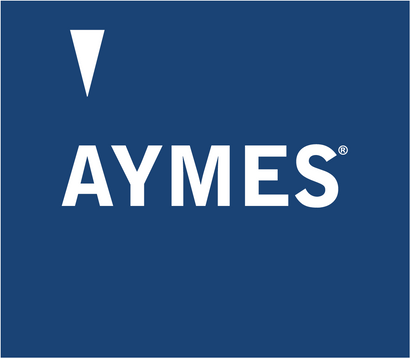Graduate Dietitian Interview Tips
Applying for your first band 5 role can be a daunting prospect. So, we sat down with Ruth Stow, Dietetics course lead at Birmingham City University and Laura Passman, Professional Head of Dietetic Services at Tees, Esk and Wear Valleys NHS Foundation Trust for their advice when it comes to band 5 interviews. We discuss what a band 5 interview ordinarily looks like, what interviewers are looking for in band 5s and Ruth and Laura give us their biggest dos and don’ts for your application
What are your biggest dos and don’ts when it comes to band 5 job applications?
Do: Make sure to address everything on the person specification and where you can, use examples. Be brave and tell them what you’re good at and why you’d be a good choice for the role. Include what you’ve achieved so far, why you want the job and what you can bring to the role in your application.
Don’t: Don’t just make a list of the things you’ve done or achieved, try to link these to the attributes and skill set that’s needed for the role you’re applying for. Equally, don’t just list your skills, be sure to link them to your experiences and give practical examples. Don’t be afraid to acknowledge your limitations, we all have them!
What are your tops tips when it comes to preparing for a band 5 interview?
Take time to do your research; research the trust and the dietetic team, especially those hosting the interview. We’re always impressed when candidates make contact with the panel members or the named person on the advert to discuss the post in advance. Interviews are a two-way process, so try to prepare some questions of your own. Practically, check that you know where you’re going on the day to make sure that you can arrive in plenty of time.
What key skills do you look for when recruiting new band 5s?
It’s essential that candidates have good communication and organisational skills. Include in your application any skills developed on your placements, such as group facilitation skills, clinical reasoning and analytical skills, and mention any additional skills you could bring to the job such as IT skills.
What does a band 5 interview look like?
Band 5 interviews can vary depending on the type of post you’re applying for and the area of work you’re going into. Commonly, a band 5 interview will last around 30 minutes and be made up of a combination of value-based questions and case scenarios. Depending upon the number of applicants, group tasks can form part of the interview process and presentations are sometimes required.
What do dietitians need to bring to their band 5 interview?
Here’s a list of things you should bring to the interview:
- A portfolio including any key achievements or continued professional development completed during your course, as well as any evidence you collected on placement that aligns with the job or person specification.
- If the interview includes case study work, bring a PENG book and calculator.
- Your questions to ask the interview panel.
- A notepad and pen.
- A drink of water (although this will be provided for face-to-face interviews).
- A positive attitude and a smile!
What advice would you give to dietitians who don’t get the first job they apply or interview for?
Don’t give up! Keep going and try to implement some of the following tips to help you:
- Ask for feedback from the interviewers – this is key to learning how to improve for next time.
- Make a note of the questions and topics that were covered in the interview and practice these ahead of your next interview.
- Take time to reflect for yourself on how the interview went; ask yourself what went well, and what you could improve on or do differently next time.
- Increase the amount of interview preparation you do and keep refining your interview technique
- Ask for support. This could be from your peers, friends, family or university contacts.
What are the benefits of going into the NHS after graduating as a dietitian?
The NHS offers you a wealth of opportunity. You’ll gain insight into the UK healthcare system and have the opportunity to work with many different types of patients and in a vast range of specialties. You’ll have a good professional support network and have the opportunity to learn from a range of healthcare professionals, not just dietitians.
The experiences you’ll gain in the NHS will be helpful no matter which aspect of dietetics you choose to go into next.
Laura, are there currently any band 5 positions available at your trust?
Yes! We would love for you to apply. We have a fantastic group of band 5 dietitians working within our team. We hold regular band 5 peer support sessions amongst a number of other networking, CPD, training and supervision sessions. You can find NHS band 5 jobs on the NHS jobs website, https://www.jobs.nhs.uk/xi/search_vacancy/ Most trusts have a recruitment webpage which can be useful to learn more about the team. Make sure to be proactive and keep in touch with dietetic departments to learn of any upcoming vacancies.
What’s one key takeaway from this blog you’d want newly qualified dietitians to remember?
Passion for the profession goes such a long way in applications and interviews. Even when you are nervous, try to remember why you chose to study dietetics and what you would like to gain from the profession. Be brave, be bold, be well prepared and be the best you can be!



